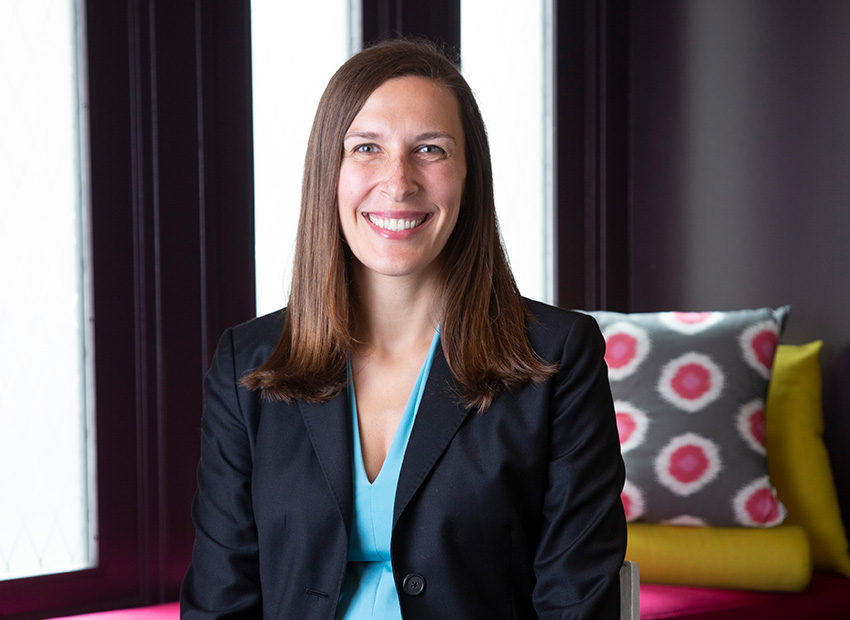The Importance of Activities for Pre-Med Students
College is the time that most pre-med students have been waiting for: they finally have the time and freedom to dig in and explore the field of medicine. Academically, pre-med coursework is mostly prescribed to meet the prerequisite coursework expected by medical schools. As a result, students look towards their involvement outside of the classroom as a way to confirm their desire to go to medical school. That exposure and reflection is crucial for creating a successful application. Medical schools do expect students to develop core competencies in addition to exploring what it means to become a doctor through experience. Admissions committees look for evidence of: empathy, ethics, compassion, maturity, leadership, and an understanding of a medical career. The experiences a student has in college, and beyond, can show all of these and more.
Research
Research is one of two areas that medical schools will expect applicants to have participated in. The expectation of the level and commitment to research will vary by medical school. One way to determine the extent to which it is important to a medical school is to read the mission of that school. If their mission is based in research, they will have a higher expectation of length and depth of research. At other medical schools, they will expect to see it but it will be less of a focus.
Clinical Exposure
Clinical exposure is the second of the two areas that medical schools expect applicants to have experienced. This can include shadowing doctors or volunteering at a hospice, or becoming a Certified Nursing Assistant (CNA), volunteer EMT, hospital scribe, or primary caretaker for an ill family member or friend. One of the reasons that these experiences are so important is that they provide the applicant insight into the everyday life of a doctor. A hospice volunteer learns about how providers support patients and their families. An EMT is exposed to any number of medical emergencies in a variety of situations. A caretaker learns the details of chronic or severe illness and develops empathy.
There is no set requirement for number of hours spent in clinical settings and it is not expected that an applicant spends every semester involved in patient interactions. But the deeper the involvement and the more consistent the experience, the more the applicant will grow and, in turn, the admissions committee will feel confident that there is a solid understanding of the profession they are applying to join.
Other Activities
Medical school admissions committees expect applicants to research and have exposure to patient care but they are also interested in what happens outside of healthcare. The doctor/patient relationship is a human relationship that requires connecting on a personal level. Those interpersonal skills are key to being a successful doctor and medical schools are very interested in identifying them in applicants. Activities that can cultivate these skills include anything from playing the violin to tutoring students to participating in theater productions to being a residential assistant (RA). The activity does not matter so long as it aligns with the applicant’s genuine interests. Being deeply involved for a long period of time is more important than collecting a variety of shorter-term commitments.






